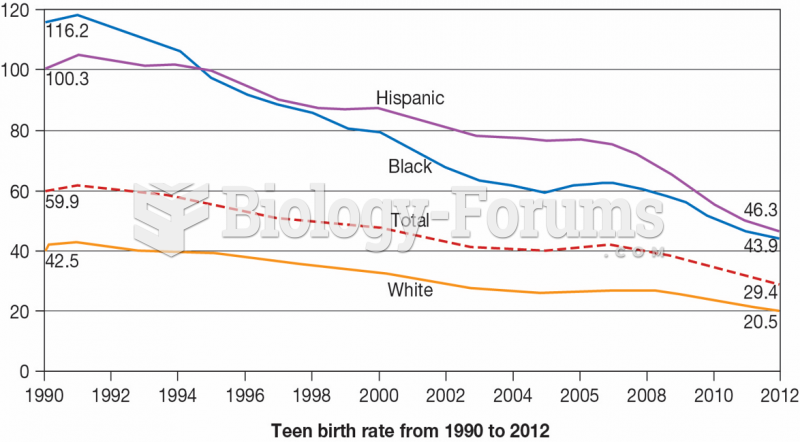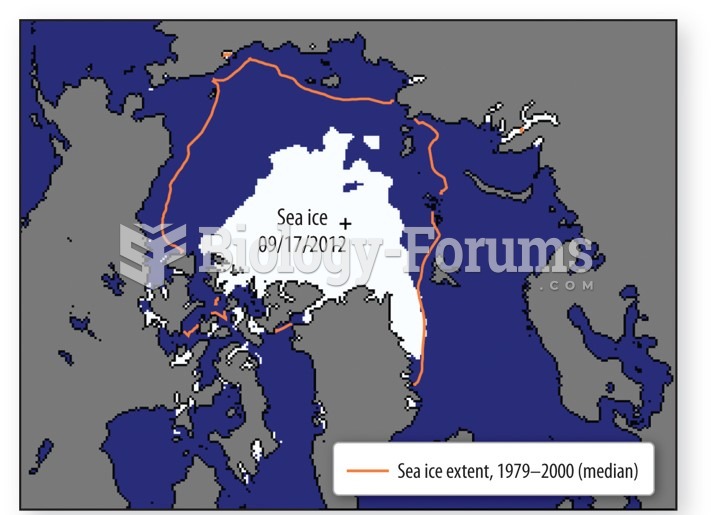|
|
|
Did you know?
The first-known contraceptive was crocodile dung, used in Egypt in 2000 BC. Condoms were also reportedly used, made of animal bladders or intestines.
Did you know?
There are more sensory neurons in the tongue than in any other part of the body.
Did you know?
The FDA recognizes 118 routes of administration.
Did you know?
Long-term mental and physical effects from substance abuse include: paranoia, psychosis, immune deficiencies, and organ damage.
Did you know?
Eat fiber! A diet high in fiber can help lower cholesterol levels by as much as 10%.







